"Why Stress Makes You Want to Eat Everything in Sight (or Nothing at All)" Review
ABSTRACT
Discover how stress can impact your weight loss and fitness goals, whether you're trying to shed pounds or tone up. We delve into the effects of stress on your appetite and body. Learn why stress can lead to overeating or loss of appetite, and find practical tips to manage stress effectively for a healthier lifestyle.
Keywords
Stress and weight loss
Stress and appetite
Impact of stress on fitness goals
Acute vs. chronic stress
Effects of adrenaline on digestion
Coping with stress through food
Long-term stress and cortisol levels
Comfort food and dopamine
Managing stress for a healthy lifestyle
Stress-reducing techniques
Tips for stress management
Weight loss and stress factors
INTRODUCTION
When losing weight or toning up, never estimate the effects of stress on your body (even when you're eating perfectly). Find out how stress may undermine your weight loss and fitness goals (from the article Why Stress Makes You Want to Eat Everything in Sight (or Nothing at All)).
WHERE’D MY APPETITE GO?
The two seemingly contradictory responses come down to a simple distinction: Are you experiencing acute stress that elicits a fight or flight response, or is it something more chronic? Our ancestors often had to make split-second decisions to stand their ground or flee as fast as possible—like when that bear smelled the delicious food they were cooking. But even in our cushy modern world, there are plenty of triggers that can spike our anxiety and elicit that same reaction. (If you’re a city dweller, think of any close calls you’ve had with cabs when trying to cross the street.)In these moments, the body releases adrenaline, which ultimately boosts energy and slows down several other body processes, including digestion, says Matt Kuchan, Ph.D., a senior research scientist at Abbott. Specifically, adrenaline slows peristalsis, which moves food through the digestive tract, making you less likely to feel hungry.
WHY CAN’T I STOP EATING?
While today’s world isn’t full of threats that provoke a fight or flight response, we still face many stressors. Seventy-five percent of Americans experience regular stress, according to a survey by the American Psychological Association. The same poll found that one in three Americans turns to food when stressed (nope, you're not the only one).“We wouldn’t stress eat if it didn’t work,” explains Susan Albers, a psychologist at the Cleveland Clinic and author of the forthcoming book 50 More Ways to Soothe Yourself Without Food. “It makes us feel better only temporarily.” One study, for example, found that chocolate boosted people’s moods, but only for three minutes. Plus, long-term stress leads to increased hormone cortisol levels in our bodies. Several studies show cortisol entices us to eat more, especially comfort foods. 1 These high-calorie, high-fat foods are aptly named: One recent study found that women who consumed comfort food had a decreased perception of stress. That result is partly thanks to the dopamine released in our brains when we eat these finger-lickin'-good foods. The problem is we need to eat more and more comfort food to achieve that dopamine “high” over time.
YOUR ACTION PLAN
Whether you speed dial Papa John's or can't fathom taking even a bite of pizza when stressed, the solution is similar: We all need to relax. It may be easier said than done, but learning to turn down our stress dials as much as possible can significantly affect our appetite's response to stress. If you tend to overeat, try to replace that bag of chips with something soothing that's not food-related, like a quick phone call with a friend you haven't talked to in a while. You can also try practicing deep breathing or simply stepping outside for a walk to clear your mind. And if you notice you've lost your appetite, it may be helpful to plan meals—what you'll eat and when you'll eat it, Albers says. Overall, when it comes to stress-reducing techniques, it's better if you can work them into your everyday life rather than use them when things are getting out of control, says Amy Shah, M.D., a doctor in private practice in California.One tip: Start your day with a 10-minute buffer, Shah recommends. When you get up, take a few minutes for a quiet activity you enjoy, like meditating, stretching, or journaling. “When the first thing we do in the morning is reach for our phones, it’s easy to let stress open our day,” Shah says. “When you ease in, there’s a big difference in the amount of stress you experience.” An enjoyable morning ritual is also a great trick to keep you from hitting the snooze button.
WORKS CITED
Immediate effects of chocolate on experimentally induced mood states. Macht M, Mueller J. Appetite, 2007, May.;49(3):0195-6663.
CRH-stimulated cortisol release and food intake in healthy, non-obese adults. George SA, Khan S, Briggs H. Psychoneuroendocrinology, 2009, Oct.;35(4):1873-3360.Occupational burnout, eating behavior, and weight among working women. Nevanperä NJ, Hopsu L, Kuosma E. The American journal of clinical nutrition, 2012, Feb.;95(4):1938-3207.
Comfort eating, psychological stress, and depressive symptoms in young adult women. Finch LE, Tomiyama AJ. Appetite, 2015, Jul.;95():1095-8304.
Dopamine D2 receptors in addiction-like reward dysfunction and compulsive eating in obese rats. Johnson PM, Kenny PJ. Nature Neuroscience, 2010, Mar.;13(5):1546-1726.
ABOUT THE AUTHOR: MICHAEL MOODY, PERSONAL TRAINER
As an author, a personal trainer in Denver, and podcast host, Michael Moody has helped personal training clients achieve new fitness heights and incredible weight loss transformations since 2005. He also produces the wellness podcast "The Elements of Being" and has been featured on NBC, WGN Radio, and PBS.
Michael offers personal training to Denver residents who want to meet at the 2460 W 26th Ave studio….or in their homes throughout LoHi (80206), LoDo (80202), RiNo (80216), Washington Park (80209), Cherry Creek (80206, 80209, 80243, 80246, 80231), and Highlands (80202, 80211, 80212). Michael also offers experiences with a personal trainer in Jefferson Park (80211) and Sloan's Lake (80204, 80212).
If you’re looking for a personal trainer who can curate a sustainable (and adaptable) routine based on your needs and wants, Michael is the experienced practitioner you’ve been looking for. Try personal training for a month…your body will thank you!

